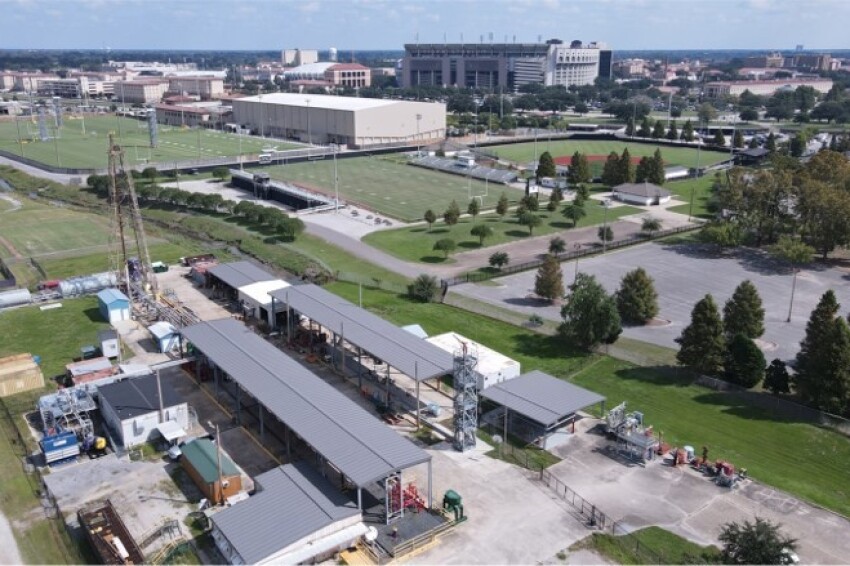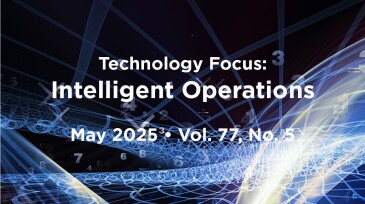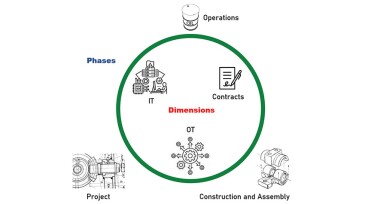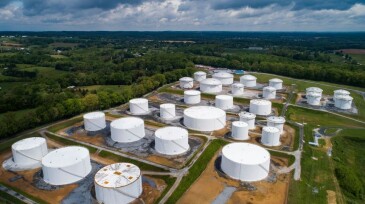Cybersecurity
For more than a century, LSU has shaped petroleum engineering education, but few assets showcase its impact like the PERTT Lab. With six deep test wells and rare reservoir-depth gas-injection capabilities, the facility is helping drive breakthroughs in well control, carbon-dioxide injection, and next-generation energy technologies.
This study presents a novel hybrid approach to enhance fraud detection in scanned financial documents.
AI is transforming the field of cybersecurity, offering new possibilities and challenges for both defenders and attackers, but AI also can introduce new vulnerabilities and risks and raise new ethical, legal, and social issues for cybersecurity.
-
The report on data from the Cybernews Business Digital Index also revealed that only 10% of top oil and gas firms passed a basic cybersecurity assessment. The rest failed.
-
The Cybersecurity and Infrastructure Security Agency said in a recent alert that cyberattackers are going after industrial control systems and supervisory control and data acquisition systems.
-
The rapid development of oil and gas intelligent operations depends on artificial intelligence, automation, and data analytics to achieve optimal conditions in oil and gas operations.
-
This paper presents an integrated view of three key areas of knowledge that typically are addressed individually—cybersecurity, process safety, and human factors—from the perspective of cybersecurity.
-
With a rapid transition toward renewable energy, the energy sector has an increased reliance on technology. This makes it particularly vulnerable with regard to cybersecurity.
-
Cyber risks facing the oil and gas industry continue to grow. Legal requirements, likewise, are continuing to expand. This article summarizes how these trends may affect oil and gas companies and describes steps companies can take to stay ahead of the curve.
-
The oil and gas industry uses a variety of complex systems and technologies that are becoming increasingly vulnerable to cyberattacks. Now, through the Cyber Resilience Pledge, more than 20 global CEOs have committed to work together to improve cyber resilience across the ecosystem.
-
A network of more than 1,600 offshore facilities produces a significant portion of US domestic oil and gas. The facilities, which rely on technology to remotely monitor and control equipment, face a growing risk of cyberattacks.
-
As we continue to reduce our reliance on fossil fuels, we risk becoming more vulnerable if we don’t start associating climate resiliency with cyber resiliency.
-
Companies now have 24 hours to report hacks and are poised to get more flexibility to design their defenses.
Page 1 of 11












